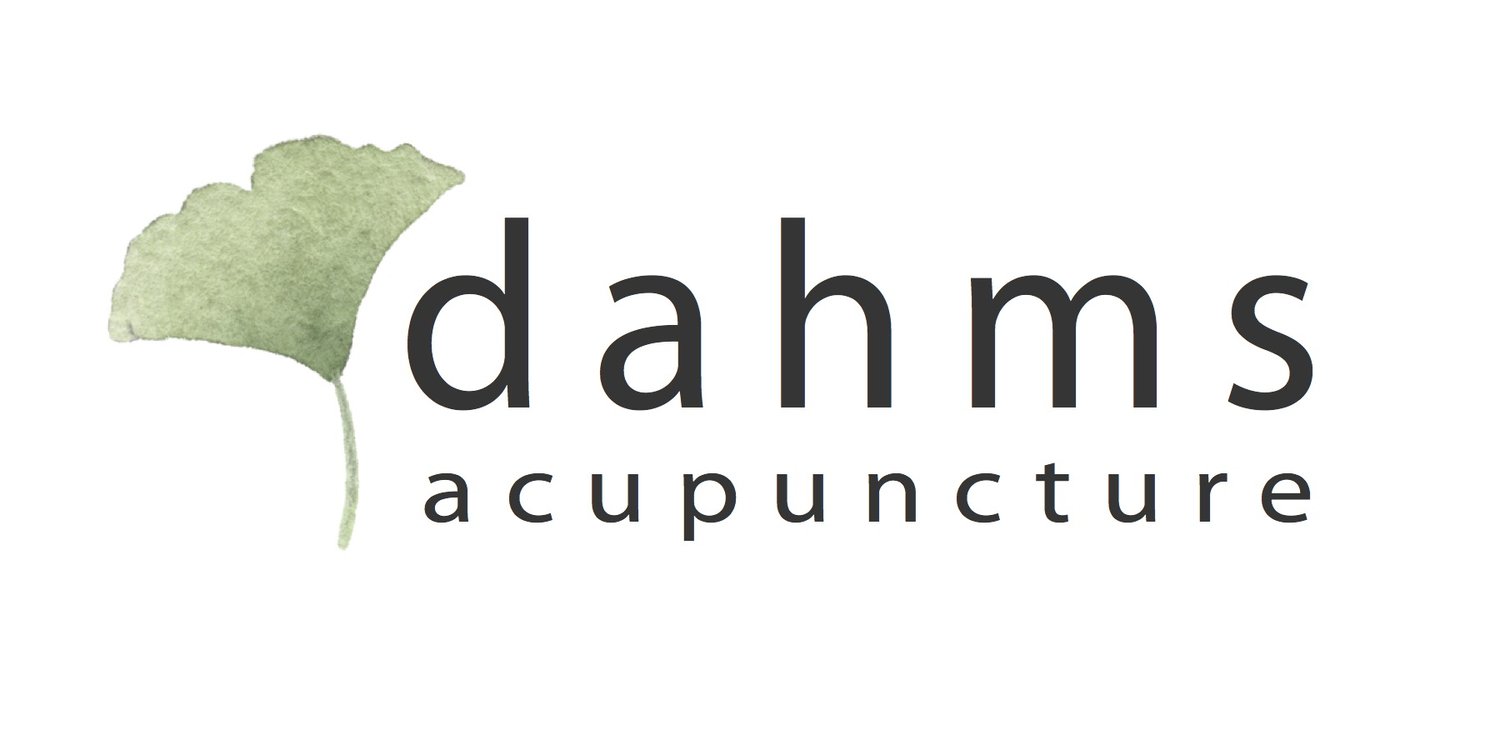Acupuncture as a Promising Complementary Treatment for Morton's Neuroma
/Morton's neuroma is a painful condition that affects the feet, particularly the area between the third and fourth toes. It is characterized by the thickening of tissue around a nerve leading to symptoms such as pain, burning, numbness, and tingling. While conventional treatments like orthotic devices and corticosteroid injections are commonly used, acupuncture has emerged as a potential complementary therapy for Morton's neuroma. This article explores the evidence supporting the use of acupuncture in managing this condition.
I. Understanding Morton's Neuroma
Morton's neuroma results from irritation, compression, or injury to the interdigital nerve, which runs between the toes. It often causes discomfort and can significantly affect mobility and quality of life. Effective treatments are essential to alleviate symptoms and improve the overall well-being of affected individuals.
II. Mechanisms of Action
Pain Modulation: Acupuncture is believed to stimulate the release of endorphins and activate pain-regulating pathways in the central nervous system. A study published in the Journal of Pain Research (2019) suggested that acupuncture may reduce pain perception, making it a potential option for Morton's neuroma.
Inflammation Reduction: Chronic inflammation may contribute to Morton's neuroma symptoms. Research published in the journal Neural Plasticity (2015) indicates that acupuncture can have anti-inflammatory effects by reducing pro-inflammatory cytokines, which may help alleviate inflammation-related pain.
III. Clinical Evidence
Symptom Relief: Several clinical studies have investigated the effectiveness of acupuncture in reducing pain and improving function in Morton's neuroma patients. A randomized controlled trial published in Pain Medicine (2017) found that acupuncture led to significant reductions in pain and improved walking distance compared to a control group.
Adjunct to Conventional Therapies: Acupuncture is often used as an adjunct therapy alongside conventional treatments for Morton's neuroma. A systematic review and meta-analysis published in the Journal of Orthopaedic Surgery and Research (2019) concluded that acupuncture combined with standard treatments yielded better outcomes than standard treatments alone.
Conclusion
The evidence surrounding acupuncture as a complementary therapy for Morton's neuroma is promising. Acupuncture appears to offer relief from pain, reduce inflammation, and potentially improve overall function, making it a valuable option for individuals seeking alternative or adjunctive treatments for this condition.
While acupuncture may not replace conventional interventions like orthotic devices or corticosteroid injections, it can complement these treatments to enhance symptom management and improve overall well-being. Patients with Morton's neuroma should consult with qualified acupuncture practitioners and collaborate with their healthcare providers to determine the most appropriate treatment approach for their specific needs.
References:
Kim SR, Stoll EA. The efficacy of acupuncture as an adjunct treatment for Morton's neuroma. J Pain Res. 2019;12:203-215.
Tsai YJ, et al. Acupuncture in Patients With Morton's Neuroma: A Randomized Controlled Trial. Pain Medicine. 2017;18(10):2013-2022.
Zhang R, Lao L, Ren K, Berman BM. Mechanisms of acupuncture-electroacupuncture on persistent pain. Anesthesiology. 2014;120(2):482-503.
Sandireddy R, Yerra VG, Areti A, Komirishetty P, Kumar A. Neuroinflammation and oxidative stress in diabetic neuropathy: futuristic strategies based on these targets. Int J Endocrinol. 2014;2014:674987.
Lee JH, Choi TY, Lee MS, Lee H, Shin BC, Ernst E. Acupuncture for acute low back pain: a systematic review. Clin J Pain. 2013;29(2):172-85.









